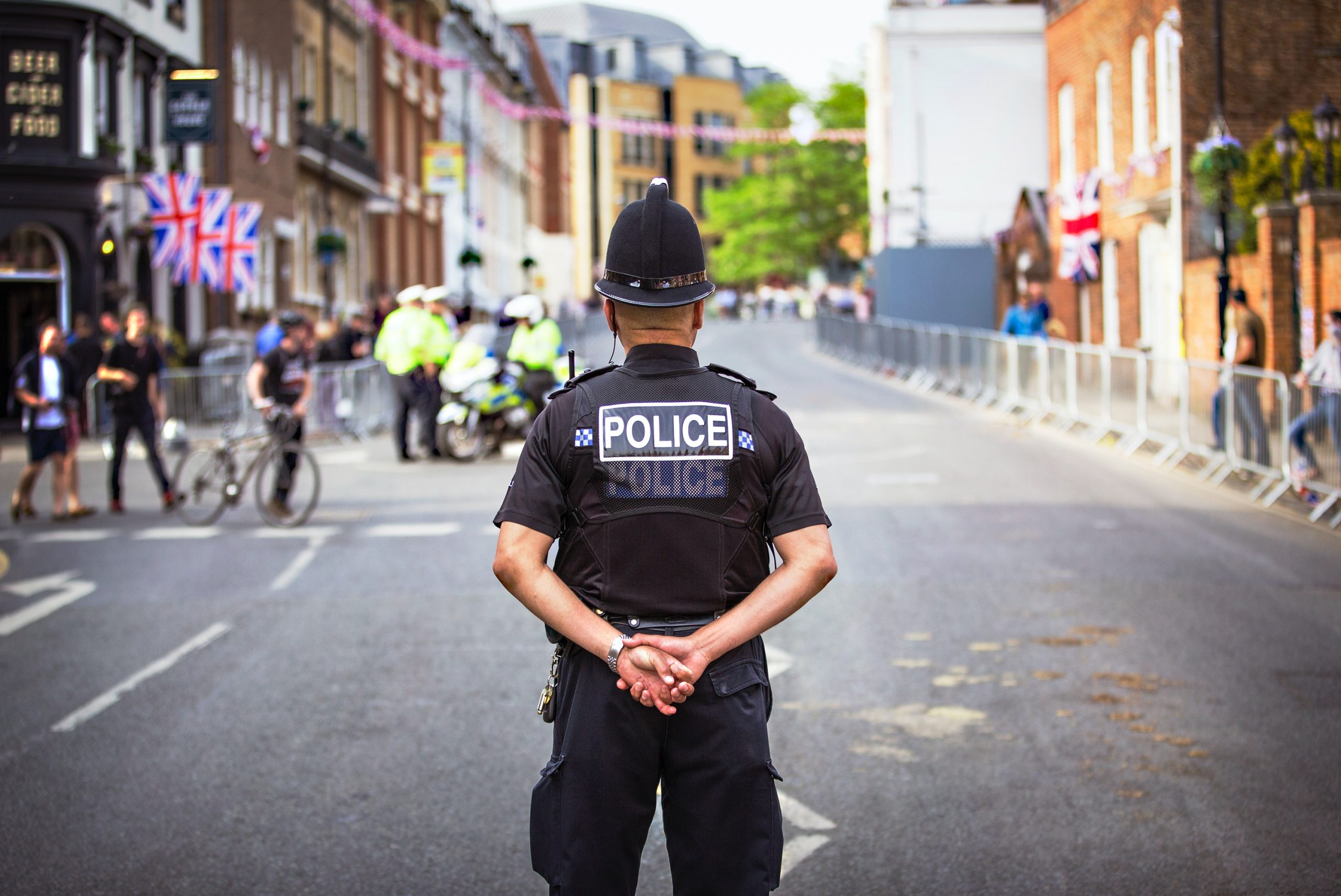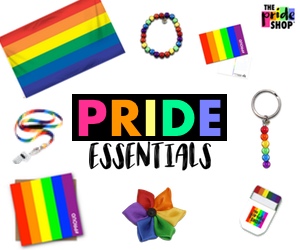The Metropolitan Police Service supports National Hate Crime Awareness Week which launched on Saturday, 10 October, and across London officers will be holding a range of events to get the public talking about hate crime and how to tackle it.
National Hate Crime Awareness Week (National HCAW) is an annual event organised by charity 17-24-30 National HCAW, which aims to bring people together in solidarity against hate crime in all its forms.
Throughout the week, the Met is working with partners, charities and local authorities to highlight support available to victims, raise awareness, and encourage victims of hate crime to report it.
Due to the coronavirus restrictions, most of the events are being held online. However, there will be real-world community drop-in events at venues that can be made COVID-19 safe, throughout the week. There will also be enforcement activity, targeting offenders wanted for offences where hate crime is a feature.
The outbreak of COVID-19 has presented many new challenges for the Met and policing as a whole. In London, there was a rise in reports of racially-aggravated hate crime incidents where certain communities were targeted due to the pandemic.
In response to this, alongside our enforcement work, hate crime advice leaflets and videos were translated into a number of languages and distributed to the affected communities to ensure victims knew where to go to seek support, and how to report to police or other organisations.
Between September 2019 and August 2020, hate crime reports saw a 12.7 per cent increase compared with the previous 12 months.
Superintendent Waheed Khan, the Met’s Lead Responsible Officer (LRO) for hate crime, said, “London is a city that celebrates diversity and tolerance, and in 2020 no-one should be discriminated against because of their race, religion, sexual orientation or gender identity.
“The Met takes all reports of hate crime extremely seriously, and we work with partners to support victims and identify offenders. During the coronavirus pandemic, we have continued this work despite the challenges.
“We have Hate Crime Co-ordinators working across all London boroughs engaging with affected communities. The Met also has a Central Hate Crime Hub which supports investigations into hate crimes committed both in the real world and online.
“While there has been a rise in the number of hate crimes reported which may be due to victims feeling more confident and empowered to report incidents, there is still work to be done.
“We know that some victims might be reluctant to, or not think to report hate crimes committed against them to police, and they often aren’t aware of the support available to them.
“We would urge anyone who has experienced hate crime and not spoken to police to come forward – we will take it seriously. If you don’t want to speak to police, there are other ways you can get help and support.”
The Met’s main hate crime partners form the CATCH alliance, a group of anti-hate crime charities which include TellMAMA (Islamophobia) Galop (anti-LGBT+ hate crime), and the Community Security Trust (anti-Semitism).
Hate crime is any crime deriving from hostility or prejudice towards a person because of their race, religion, sexual orientation, disability or gender identity. Incidents may involve a physical attack, damage to property, bullying, harassment, verbal abuse, or abuse using social media.
How to report a Hate Crime
To report a hate crime, call police on 101, report online or tweet @MetCC.
If there is an immediate risk or an emergency situation, always call 999. Information can also be reported anonymously to Crimestoppers on 0800 555 111 or online, or via the TruVision website.
For advice about how to report hate crime, go to our website.
+ The Met has arranged a large number of free hate crime events online that are open to the public and will feature a range of guest speakers. They will be held on Zoom and British Sign Language will be available. Many of these events have been organised locally.
Further information about a small selection of webinars is available by clicking the links below:
– Race: Monday, 12 October – 14:00 to 17:00hrs
– Religion: Tuesday, 13 October – 11:00 to 13:00hrs
– Disability: Wednesday, 14 October – 12:00 to 14:00hrs
– Sexual Orientation: Thursday, 15 October – 09:30 to 12:30hrs




